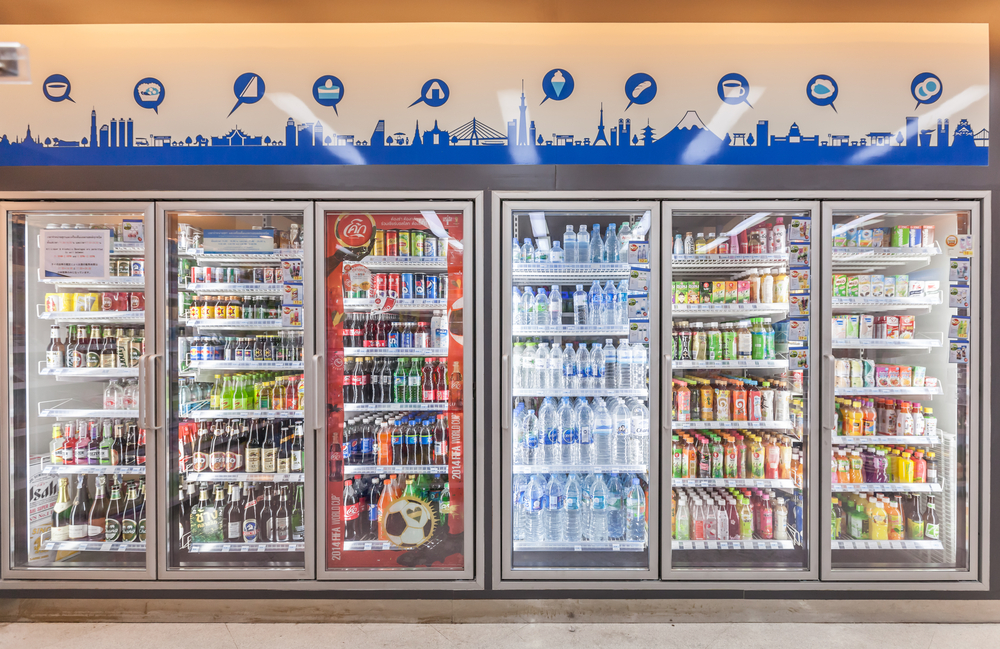If you think about it, money is a ridiculous concept. Without going into a William Jennings Bryan gold standard history lesson, let’s just say the idea that I can hold this thing, this little cloth rectangle of varying denomination, and exchange it for tangible goods and services is, at the very least, a system of belief.
How we carry our money, and how we’ve evolved to think about our money, is an even stranger anthropological phenomenon. For a while, we represented our worth exclusively in a way you could touch — cash. It was finite, and it kept things simple: When I’m out, I’m out. The rise of plastic in the 1960s made commerce easier, but not simpler: When I’m out, I can still keep going. And how much do I really have, anyway?
And now, here we are — a wallet-less society, if we so choose. Pay with your phone, pay through an app, pay with an automatic deduction you set up once. And you and probably don’t even remember your password to access and cancel. There’s money — your money — flying around in every direction almost every day, and you don’t even have to stop and think about it. And you’re fine with that.
Researchers coined a name for this: It’s called the credit card premium.
In short, when you don’t have cash, you spend more money. It makes perfect sense — parting with a crisp $20 bill is a little more sorrowful than a mindless swipe of a card, even if you tacked on a few more items to raise your total to $25. The majority of consumers think this way, and businesses are foaming at the pocketbook to get in line.
We are smack dab in the middle of the culture of convenience. There’s an app for every one of our whims, many with premium features for which we don’t think twice about upgrading. Once you’ve linked up your bank account with Uber, Apple Music or Tinder Plus (don’t lie), money is forever in the background, and it’s all about that sweet, sweet content.
To me, this willingness to so easily separate ourselves from our cash (especially in the millennial generation) signals that we value convenience and customer service more highly than ever before. Uber might add a 150 percent surcharge during peak hours, but for the clean car, friendly driver and access to Spotify, I’ll happily pay it.
It’s given whole new meaning to the irritating phrase “convenience charge.” Now, thanks to innovations like one-click payments on Amazon, I can actually see the convenience in real life, make it personal to me and accept it with no problems.
If this sounds like a utopian world where happy consumers are forking over extra nickels and dimes where they never would have in the past, it is — for brands.
In this on-demand economy, we’ve grown accustomed to sharing personal information with our devices in exchange for the ease of transactions. The younger the buyer, the more willing and trusting they are. In 2015, millennials overtook all other generations in terms of size, and each year more and more of those millennial buyers are buying more and more. And that means enormous reserves of data for retailers and marketers who can now serve real-time convenience to the cash-less masses.
As companies get a better understanding of what we buy, they’re beginning to map how we buy it. Select Target stores have already installed beacons that communicate with shoppers’ cell phones, using location data to learn about consumer buyer habits that can greatly influence the layout of stores, placement of certain products and staffing management.
This type of opt-out technology will have plenty of detractors who view it as invasive, but the same argument could have been made when we started feeding routing numbers into our phones. In fact, Apple Pay, which is quickly emerging as the new standard in commerce, has measures in place to prevent the type of wide-scale credit card data breach we’ve seen retailers suffer in the past several decades.
The methods of studying consumer behavior may have changed with new technology, but marketers have long gleaned insight from buyers in order to make the shopping experience more convenient. Which, as we know, makes it more lucrative for businesses.
I don’t think any technology will soon replace credit cards in totality. That shouldn’t even be the goal. You can see by the list of Apple Pay’s early-adopting retailers — McDonald’s, Walgreens, Starbucks — that marketers understand how squeezing the most out of small “cash” transactions and making that upcharge a subconscious decision on the part of the consumer will go a long way.
With the help of marketers, technology enables us to feel like winners: the personalized ping when you’re one aisle over from a great deal, the promo code to get 20 percent off your next ride, the instant-order barcode scanners. There may be a small price to pay for feeling like a winner, and it’s probably a couple bucks more than you would have paid in cash.































Comment